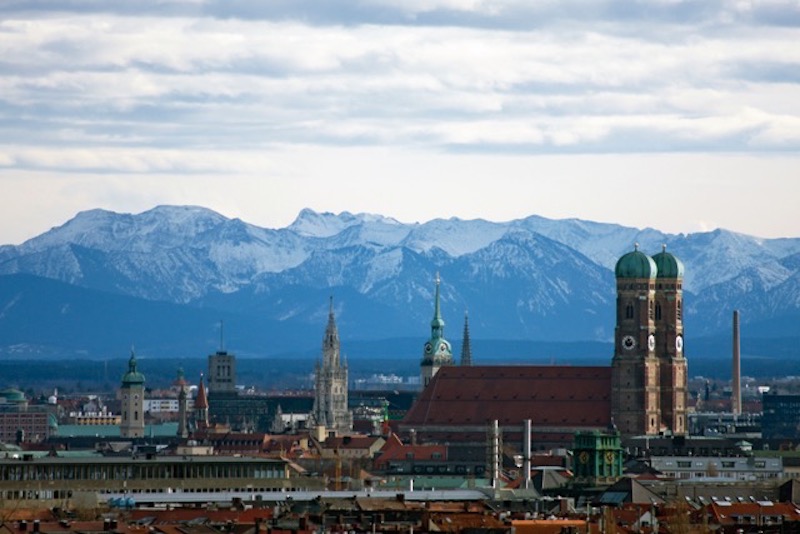
The project, called “EnEff_Netzregulation” is funded by the Federal Ministry of Economic Affairs and Climate Protection and will be carried out with project partners Institute for Automation Technology (IAT) at the University of Bremen, Technical Infrastructure Management department at HafenCity University (HCU) in Hamburg, and the district heating umbrella association AGFW.
The project initially involves researching and modeling energy losses. Sensors will record temperature and moisture in the ground at selected points in the SWM district heating network. Aging effects of the infrastructure will also modeled and verified using the data collected.
The results will be integrated into an existing network simulation model. Using this network model, a network control method will then be developed that takes all effects into account and regulates the network accordingly. In the medium term, the overall process developed in this way is to be implemented in the SWM networks.
The ultimate objective of the project is to develop software that can fully automatically control and regulate a district heating network and can cope with all conceivable operating situations, thus optimizing energy use and service life. The software is not intended to automatically implement regulations, but rather to support the operating staff with suggestions for optimal operation.
The results are of great interest to SWM, especially with regard to ideal energy utilization in Munich’s district heating and cooling network, which is increasingly powered by geothermal energy, in combination with new possible uses of digital technologies in the infrastructure. To put it simply, more households could be supplied with the same amount of energy through even more efficient grid operation.
The IAT is responsible for the further development of the existing network simulation model and for the development of optimal control algorithms. The HCU develops calculation algorithms for assessing the energy efficiency and service life of the cables. The district heating umbrella association AGFW completes the consortium and ensures the migration of the research results of the “EnEff_Netzregulation” project into the industry.